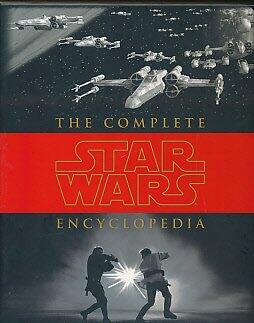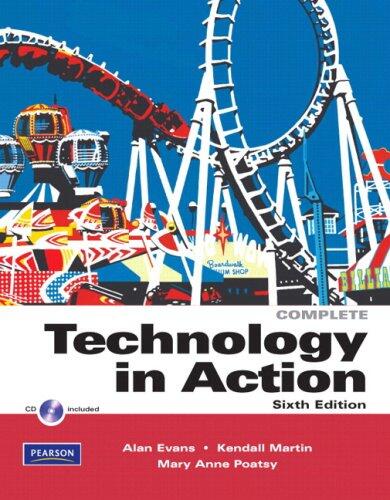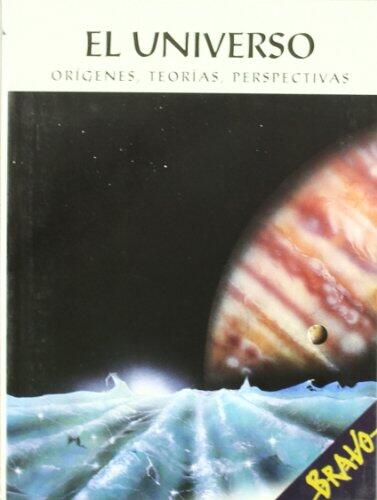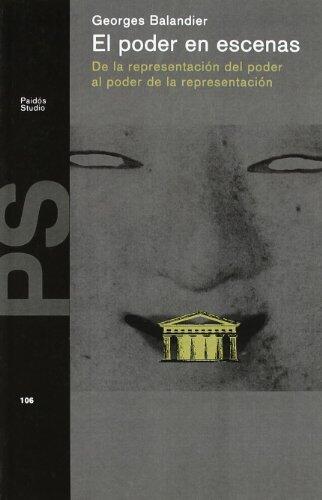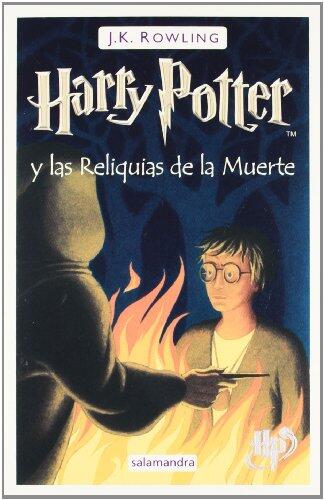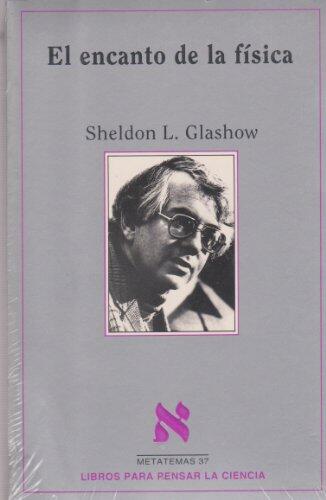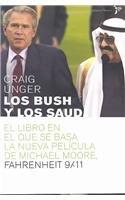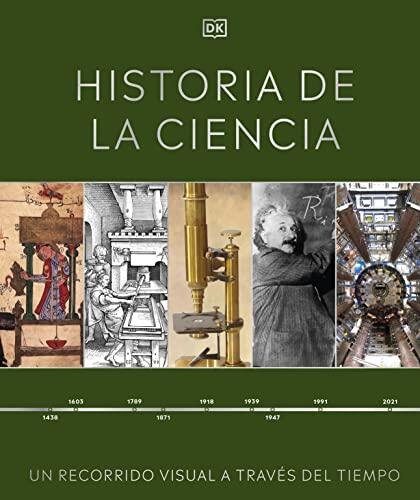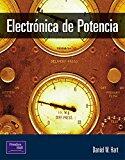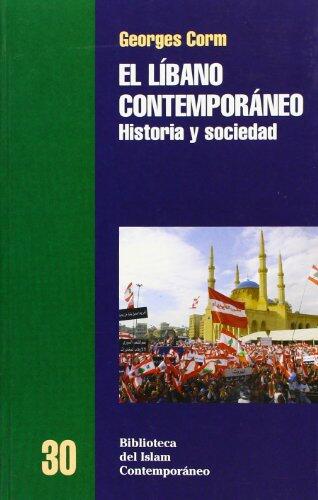
El libano contemporaneo / Contemporary Lebanon: Historia Y Sociedad
by
Georges Corm
No ratings yet
Science & Technology
Format
Paperback
Pages
392
Language
Spanish
Published
Jan 1, 2013
Publisher
Bellaterra S.A. Ediciones
ISBN-10
8472903192
ISBN-13
9788472903197
Description
Georges Corm delves into the complexities of contemporary Lebanon, examining the intricate tapestry of its history and society. Through a careful exploration of political, cultural, and social dynamics, he sheds light on how the past continues to influence the present. The narrative weaves together Lebanon's rich heritage with the challenges it faces in terms of governance and identity, providing a comprehensive overview of the country's evolution.
Corm's insightful analysis addresses the effects of regional conflicts and global influences on Lebanon's societal fabric. He highlights the diversity that characterizes the Lebanese population while also acknowledging the sectarian divides that have historically shaped its political landscape. By doing so, he invites readers to reflect on the nuances of coexistence in a country marked by its multicultural identity.
The book not only serves as a historical account but also prompts a discussion on the future of Lebanon in an ever-changing world. Corm's engaging prose encourages readers to consider the potential paths for reconciliation and growth in a nation still healing from its turbulent past.
In outlining both the challenges and opportunities that lie ahead, Corm offers a platform for understanding the resilience of Lebanon and its people. This exploration contributes significantly to the discourse on Middle Eastern studies, making it relevant for anyone intrigued by the interplay between history and contemporary society.
Corm's insightful analysis addresses the effects of regional conflicts and global influences on Lebanon's societal fabric. He highlights the diversity that characterizes the Lebanese population while also acknowledging the sectarian divides that have historically shaped its political landscape. By doing so, he invites readers to reflect on the nuances of coexistence in a country marked by its multicultural identity.
The book not only serves as a historical account but also prompts a discussion on the future of Lebanon in an ever-changing world. Corm's engaging prose encourages readers to consider the potential paths for reconciliation and growth in a nation still healing from its turbulent past.
In outlining both the challenges and opportunities that lie ahead, Corm offers a platform for understanding the resilience of Lebanon and its people. This exploration contributes significantly to the discourse on Middle Eastern studies, making it relevant for anyone intrigued by the interplay between history and contemporary society.
Reviews
Reading Log
No reading logs found
Start tracking your reading progress to see logs here
Add Your First Reading LogNotes
Transaction Log
No transaction logs found
Start tracking your book transactions to see logs here
Add Your First Transaction Log